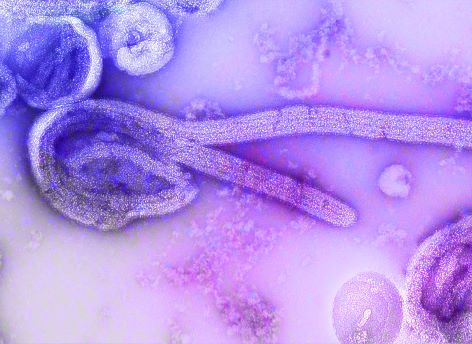Believe!

But you say, “What about evolution?” Great question, I am glad you ask. The scientific community, which holds sway over many of us, has long held that Darwin’s theory of evolution explains everything from single cell life through the likes of Albert Einstein. Their theory, however, requires a great deal of faith … perhaps more than is required to trust fully in Christianity. I want us to briefly look at three things that argue against Darwinian Evolution. We can begin with the obvious. If Darwinian evolution is true, by now, we should have discovered millions of fossils that represent the continuous, near linear, development of our species. The truth is, we have not. Missing links, of which should be few, are many. Secondly, Darwinists must deal with the law of entropy, which says that everything is in decline unless continuously maintained by intelligence and energy. A simple example of entropy lies the tires on your car. They will rot over time; or gasoline, which becomes gummy and less volatile, when left in your mower over the winter. If you build a house and then fail to maintain it, eventually the roof will leak, and timbers will rot. Absolutely every non-living thing on earth adheres to the law of entropy and that’s where we’ve got to start. How then, could life come together (and advance in sophistication) by a huge number of improvements that were brought about by random chance? The law of entropy strongly argues against the idea that you, me, your automobile, or a computer running Windows 11, might materialize through some sequence of random incremental improvements. For another perspective on this subject, see my post entitled “An Unlikely Scenario.”
There is one more argument that is worth a quick look. The idea of irreducible complexity. Scientists have long believed that the smaller building blocks of a complex organism would be simpler than the organism itself. That is, they believed that a single cell would be less complex than the massive assembly of cells that we call an elephant, for example. As it turns out, this is far from true. Michael Behe, in his book Darwin’s Black Box, introduces the idea of irreducible complexity. He shows how a single cell, with its mechanisms for storing coded, regenerative, maintenance data could not have evolved from simpler designs. To operate as it does, a cell must include all the elements that are present in the mature and complete design. When I began my search, I had no logical or empirical evidence to support my sense that Darwinism was lacking. Before it was over, I was comfortably certain that Darwin was not the answer to the complex and sentient being that we refer to as man.
Darwinism also fails to account for one, as yet unexplained development, the creation of life itself. Darwin begins his argument with a living “common ancestor.” He makes no postulation concerning the huge leap from non-biological material to a living, self-replicating, single cell organism. In fact, little progress has been made toward identifying a mechanism that could account for the origin of life. Instead, as we learn more about the construction, complexity and function of the individual living cell, we may well be getting further away from a purely scientific, or materialistic, definition of how life might have originated. Let me recommend another reference here, the book is entitled The Confused World of Modern Atheism, by Rabbi Moshe Averick. Averick sheds a great deal of light on the current state of Darwinism, as well as the ongoing failure to explain the origins of life itself.
To Continue, touch the number 6 below …